15 Common Dental Problems and Tooth Diseases
Dental diseases are never a pleasant thing, but most of them can be easily prevented. Brushing twice a day, flossing, eating properly and taking regular dental check-ups are essential steps to prevent dental problems.
In addition, it is also necessary to understand common oral problems and their causes.
1. Toothache
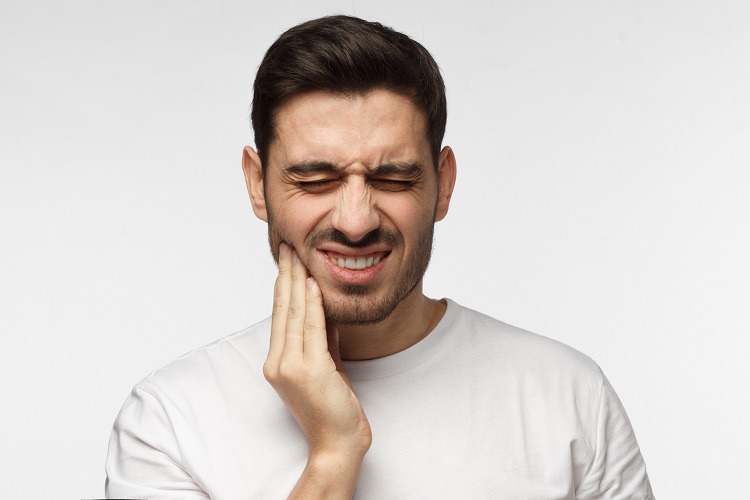
Toothache is on the list of common tooth diseases. If you cannot get to the dentist early, try rinsing your mouth with warm water, eliminating food debris in the mouth, and taking pain medication to ease the discomfort.
If you notice swelling or pus around the tooth, or if you have a fever, that could be a sign that you have an abscess, a more serious problem that needs prompt treatment. You will need antibiotics and other measures to improve the condition.
2. Stained teeth
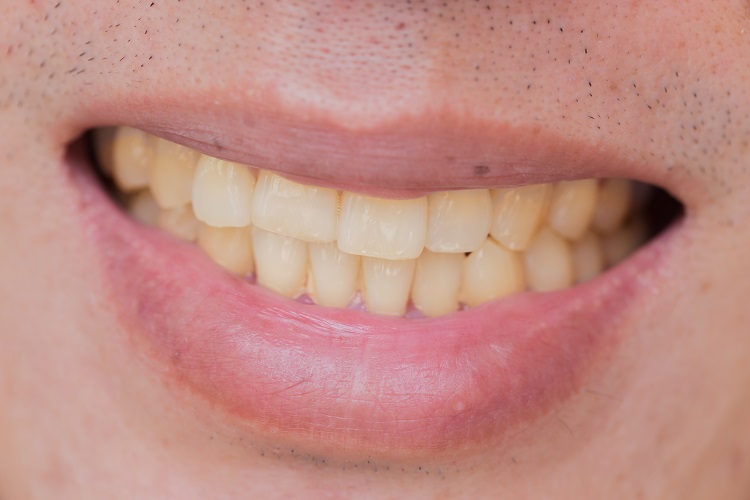
Teeth are like a white shirt and can be discolored due to various causes such as food, cigarettes, medicines, or trauma. 3 options to help improve this situation include:
- Use whitening agents or a special light. Check out teeth whitening service at The East Rose Dental.
- Bleaching teeth at home with dental whitening tray or gel
- Using whitening toothpaste and whitening rinses.
3. Cavities
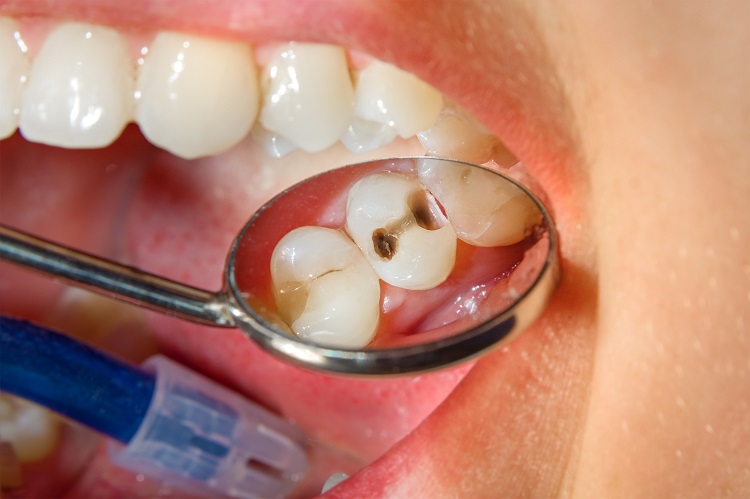
Small holes in the teeth can be a warning sign of tooth decay. Tooth decay forms when bacteria and plaque build-up on your teeth and slowly destroy the enamel. Adults may also have problems with cavities at the gum line and around the edges of earlier fillings.
To prevent this, brush your teeth at least twice a day with a fluoride-containing toothpaste, limit junk food, floss regularly, and see your dentist periodically.
4. Chipped tooth
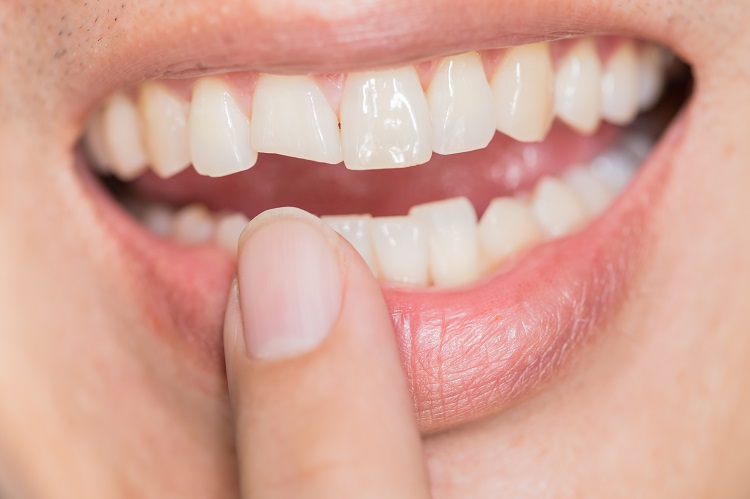
A chipped tooth is the No.1 type of dental injury. You can easily chip your teeth just because of simple activities, such as chomping popcorn, eating sugarcane, etc. The dentist will take necessary measures to restore the shape of the teeth such as fillings, porcelain crowns, etc.
5. Cracked tooth
Sometimes teeth crack but you do not know why. Depending on the condition of the tooth, the dentist will consider treatments. In most cases, it is recommended to make dental crowns to prevent deep and large cracks.
If you have teeth that are sensitive to temperature, the situation is more complicated. When the crack spreads to the gum line, the dentist may perform root canal treatment and put on porcelain crowns. In case of a deeper crack, you will need to have your teeth extracted. Dental fillings sometimes increase the chance of a crack.
Have you known about dental crowns treatment?
6. Impacted teeth

Sometimes, a tooth cannot grow in the right angle and gets stuck in the gum, jawbone or other soft tissue. If it is serious, you will need oral surgery to have it extracted.
7. Sensitive to cold

To most of us ice cream is a delicious frozen snack, To some, they are like nightmares. However, you should find out why you have sensitive teeth when exposed to cold foods or drinks. It could be cavities, worn tooth enamel, fractured teeth, or exposed roots.
Once your dentist figures out the problem, depends on your oral condition, you might need a filling, a root canal or you might just need a desensitizing toothpaste.
8. Too many teeth
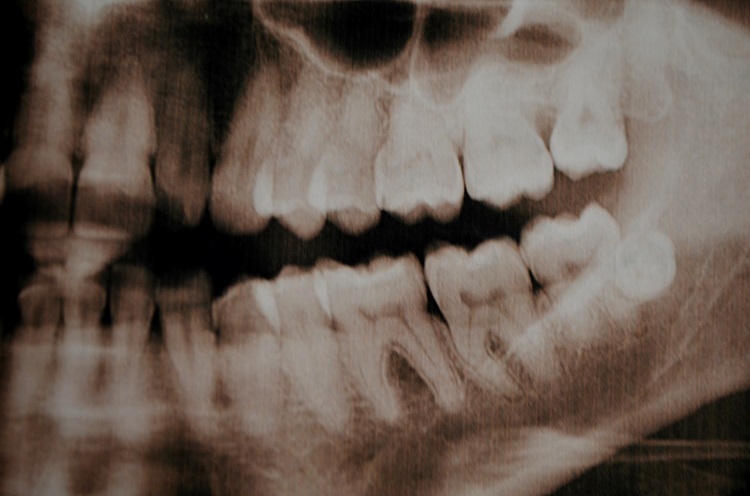
Typically, an adult will usually have from 28 to 32 teeth. However, in rare cases, some people will have extra teeth, which is called Hyperdontia.
People who have it may also experience another condition, such as cleft palate or Gardner’s syndrome (tumors formation but not cancer). The treatment for this condition is tooth extraction and orthodontics to restore aesthetics.
9. Crooked teeth
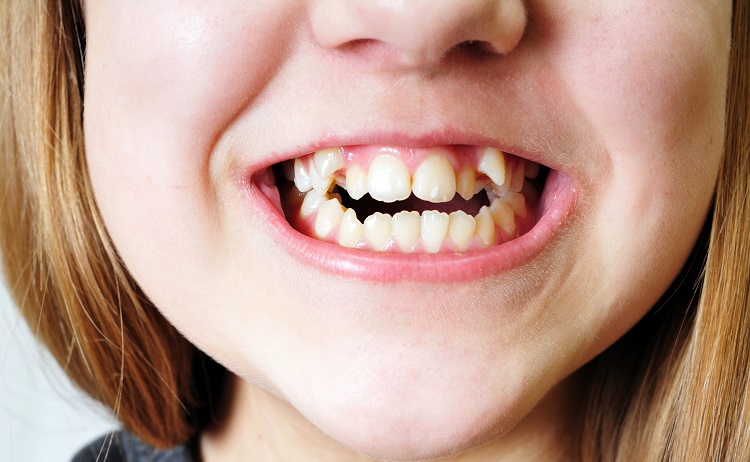
Orthodontics or braces are not just for children. You can still get it if you have a dental problem. Aligning and straightening teeth is not only helps you get a more beautiful smile, but it also plays an important role in improving dental health in general and reducing symptoms such as jaw pain in particular.
10. Gap between teeth

You may think that a gap between teeth is not a big deal and there are many famous people who have gapped teeth. However, you should not be too subjective. Gap teeth will create conditions for the development of gingivitis, bleeding gums, and loose teeth, etc.
To correct this, the doctor will use braces, porcelain veneers or bonding.
11. Gum problems
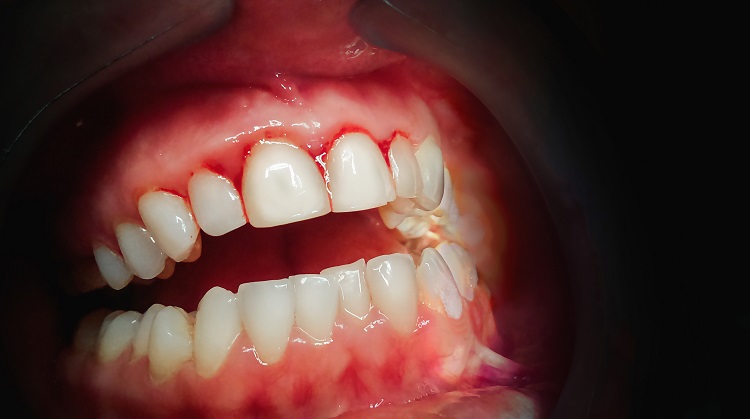
Do your gums bleed easily? Are they swollen and you feel like they are pulling away from your teeth? If the answers are yes, you might have gum disease. This is a condition when plaque and bacteria build up below the gum line and cause inflammation.
If left untreated, this can seriously affect the jawbones and teeth, causing them to shift or become loose. This can make chewing and speaking a lot harder. To avoid gingivitis, make sure to floss at least once a day besides brushing your teeth and rinsing with an antiseptic mouthwash.
In addition, you should see your dentist regularly to check your oral health and detect any problems in time.
12. Grinding your teeth

Grinding your teeth can be caused by many things such as stress, misaligned teeth, sleep issues, etc. This unconscious habit can cause headaches, jaw pain, tooth erosion or even tooth loss. If you grind your teeth at night, ask your dentist for advice on proper oral equipment. If you just grind your teeth during the day, try meditation, exercise, or other stress-management measures.
Learn more: Things you should know about sleep bruxism
13. Wisdom teeth
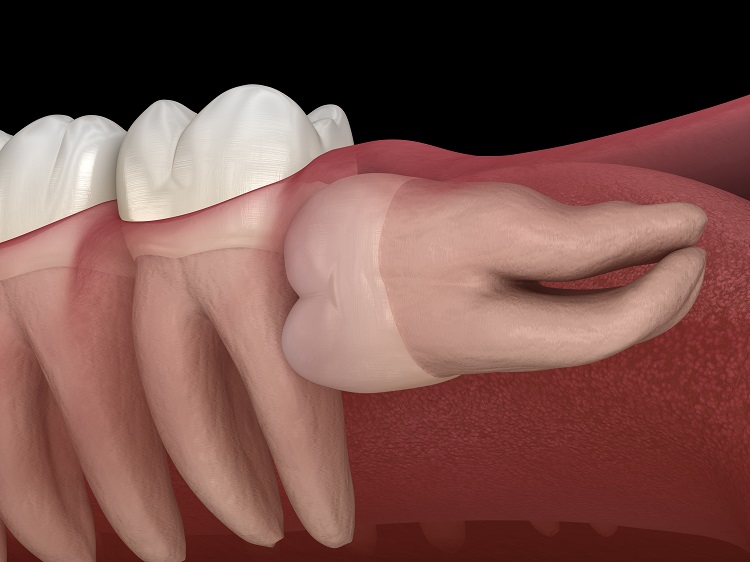
Most people have an impacted wisdom tooth. If left untreated, wisdom teeth can easily affect adjacent teeth, causing tooth decay, damage to other teeth, and gum disease. Wisdom teeth usually appear when you are between the ages of 17 and 25. Therefore, if the dentist finds any problems, you will need to have your wisdom teeth removed.
14. Tight teeth

Teeth that are too close together is sometimes a big problem because the bristles will not be able to slide in the gaps and remove plaque and food debris. This also makes you more susceptible to cavities if you pay less attention to oral hygiene in these areas.
Therefore, use a thinner floss or a water flosser because they can easily slide in every nook and cranny of your teeth and bring a better cleaning effect.
15. Other issues
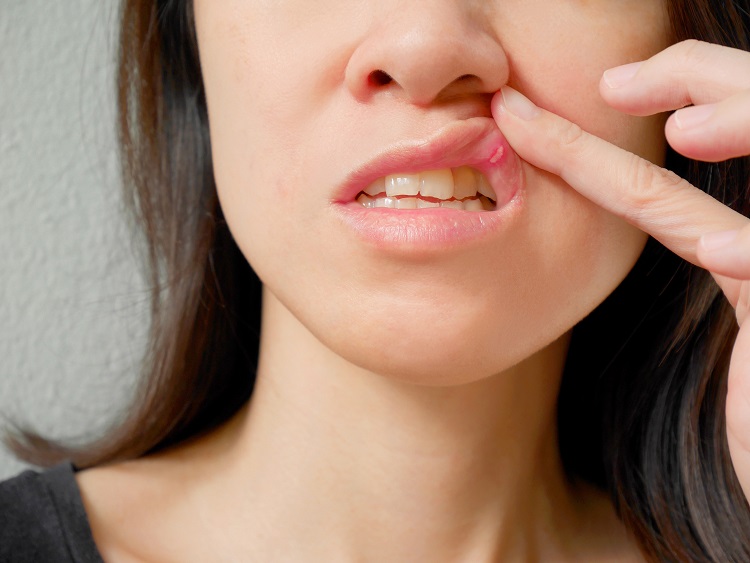
In addition to the listed conditions, you may face a few other periodontal diseases, including:
- Gum disease: Gingivitis can lead to completely damaged teeth, tooth abscesses, and other serious conditions. If you have bad breath, visit a dentist for timely diagnosis and treatment.
- Mouth ulcers: Although this is not really a dental disease, mouth ulcers can occur if you have poor dental hygiene, feel stressed or eat a lot of spicy food. To improve the condition and ease the pain, rinse your mouth with physiological saline.
Reference source
Services
Working Time
- Monday - Friday: 08:00 - 19:00
- Saturday: 08:00 - 18:00
- Sunday closed
Contact Info
- Hotline 1: (+84) 908 321 455
- Hotline 2: (+84) 931 857 885
- Mobile: (+84) 8 3925 8778
- Phone: (+84)2 838 258 778
- info@dentalrose.net
- rosedentalclinicvn@gmail.com
 English
English  Tiếng Việt
Tiếng Việt

